The Ritz-Carlton | Toronto
December 2, 2025
Agenda
7:30AM
Breakfast & Registration
8:45AM
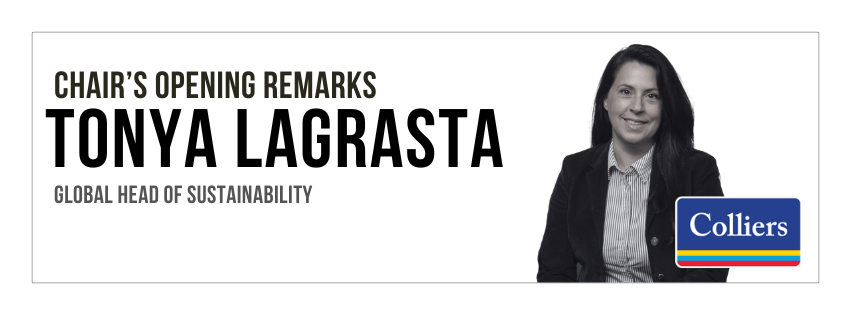
8:50AM
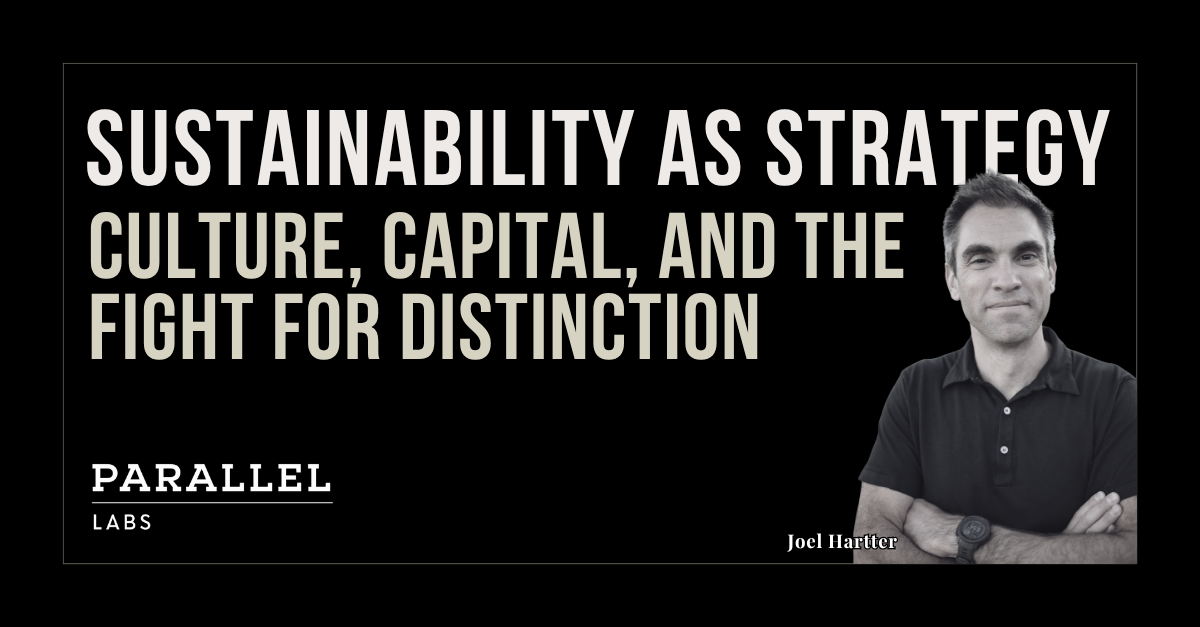
Sustainability creates value when it is embedded across the business, not siloed in functions or added on after the fact. This session breaks down what it takes to embed sustainability into decision-making, culture, and leadership. Not as an initiative, but as a driver of brand strength, talent development, growth, and competitive advantage.
- Why sustainability stalls in mature companies and how to break inertia
- How to activate culture and human capital to drive momentum
- What leading brands use sustainability to create value and stand out
- Real-time audience insight: what’s driving your program, what’s blocking it, and why that matters
9:10AM
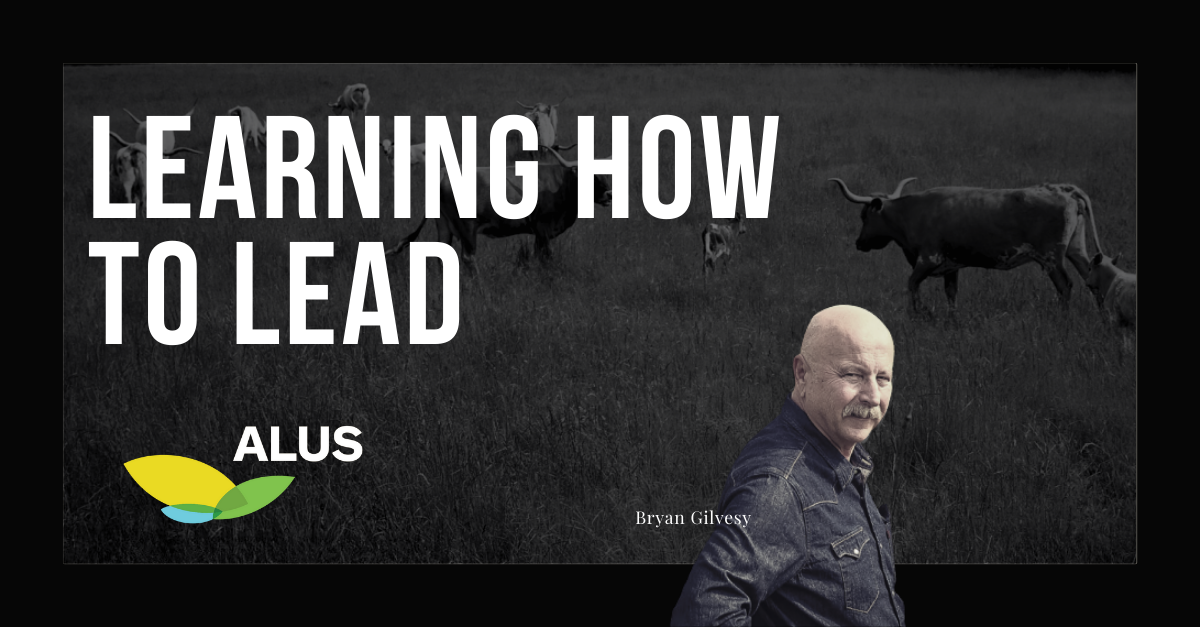
9:30AM
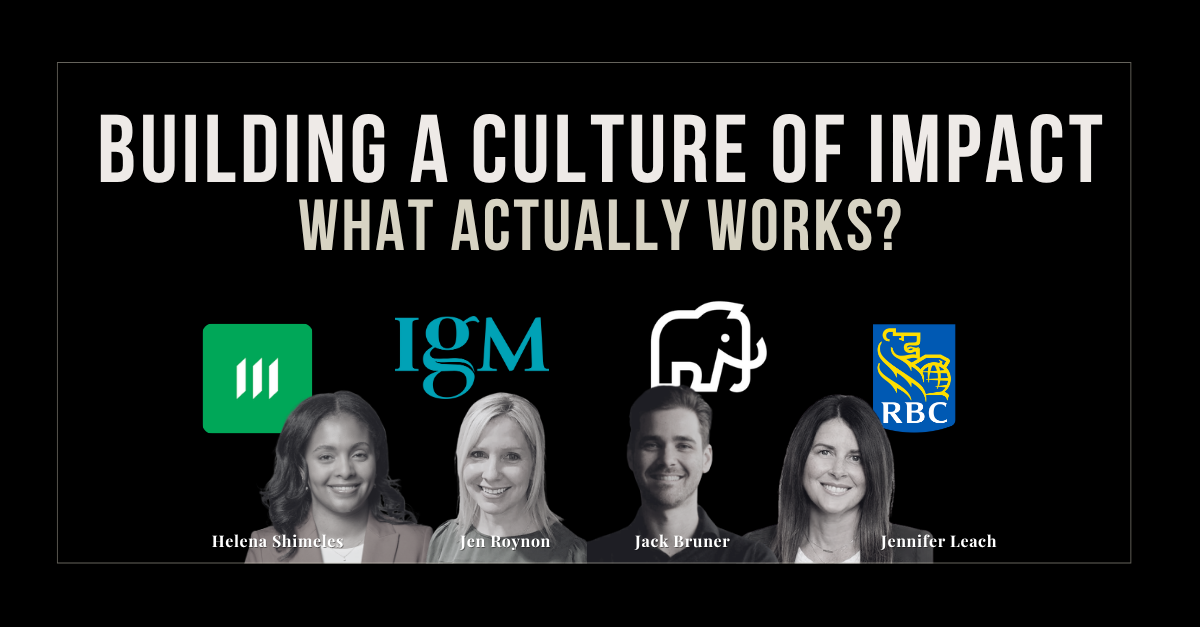
Employees want to be part of their company’s purpose — 89 percent say it matters to their job satisfaction, and global participation in volunteering and impact programs has grown 57 percent year over year. Yet inside most organizations, fewer than 1 in 5 employees are even aware of the programs available to them. That gap is where engagement breaks down, and where the risk to culture and retention begins.
This panel brings together engagement leaders from Manulife, RBC, and IGM Financial who are closing that gap at scale. They’ll share what’s actually working across complex, global workforces: building awareness across regions and job types, partnering with Comms to cut through internal noise, balancing top-down strategy with grassroots energy, and designing programs that help employees engage with what genuinely matters to them.
Expect real examples, honest insights, and practical strategies to help any organization move employees from awareness to action — even when attention is scarce and capacity is tight.
10:00AM
Roundtable Discussions
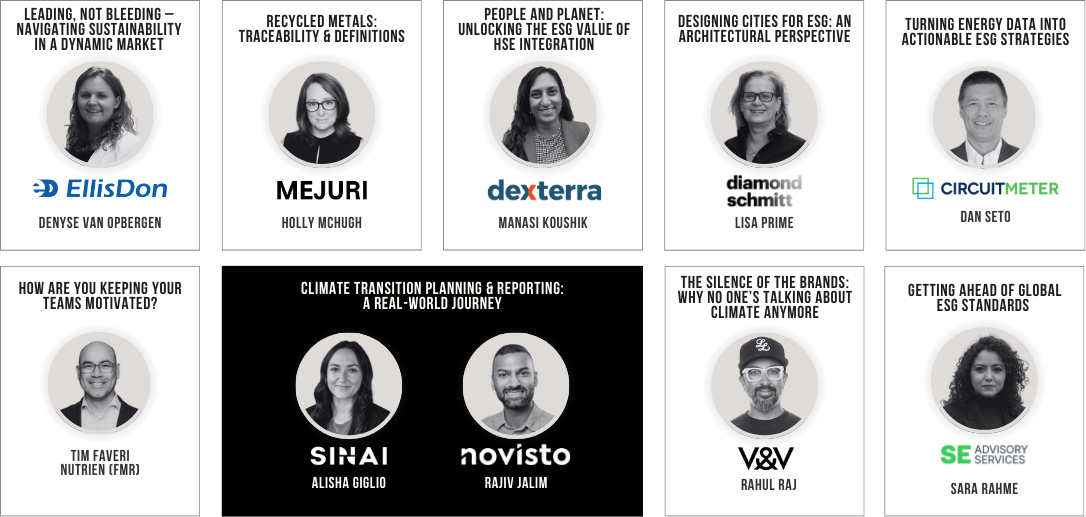
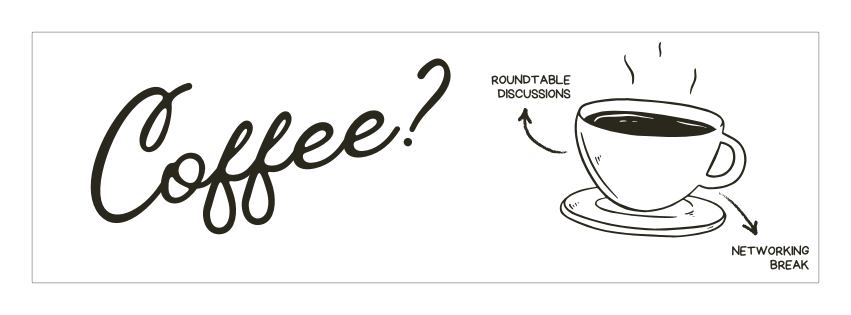
11:00AM
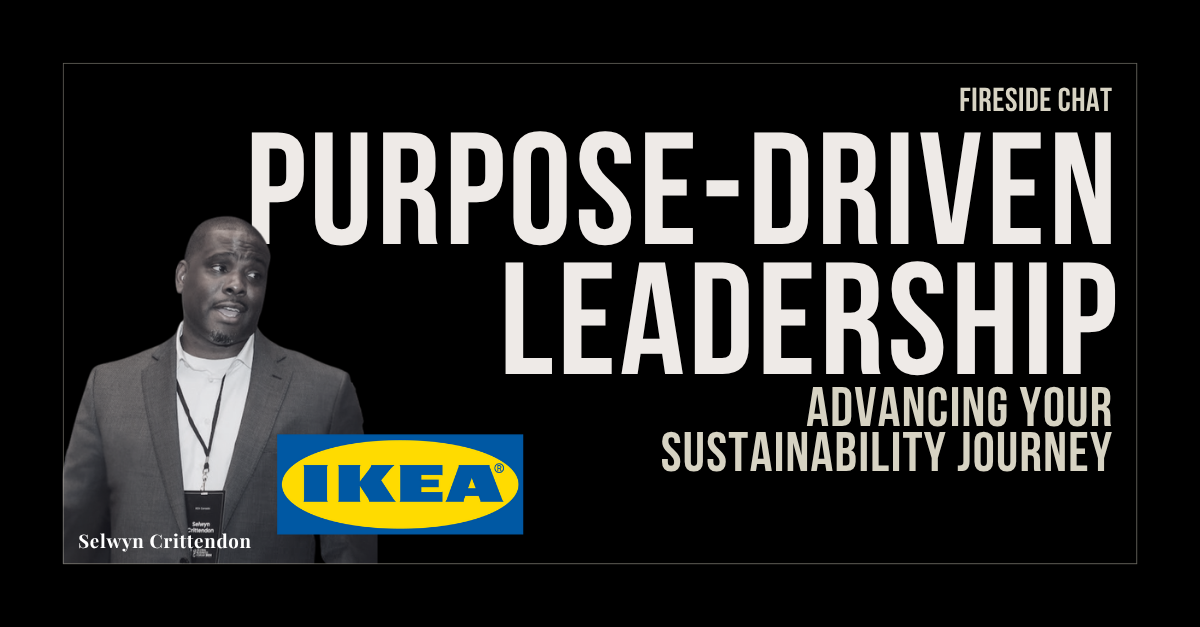
11:25AM
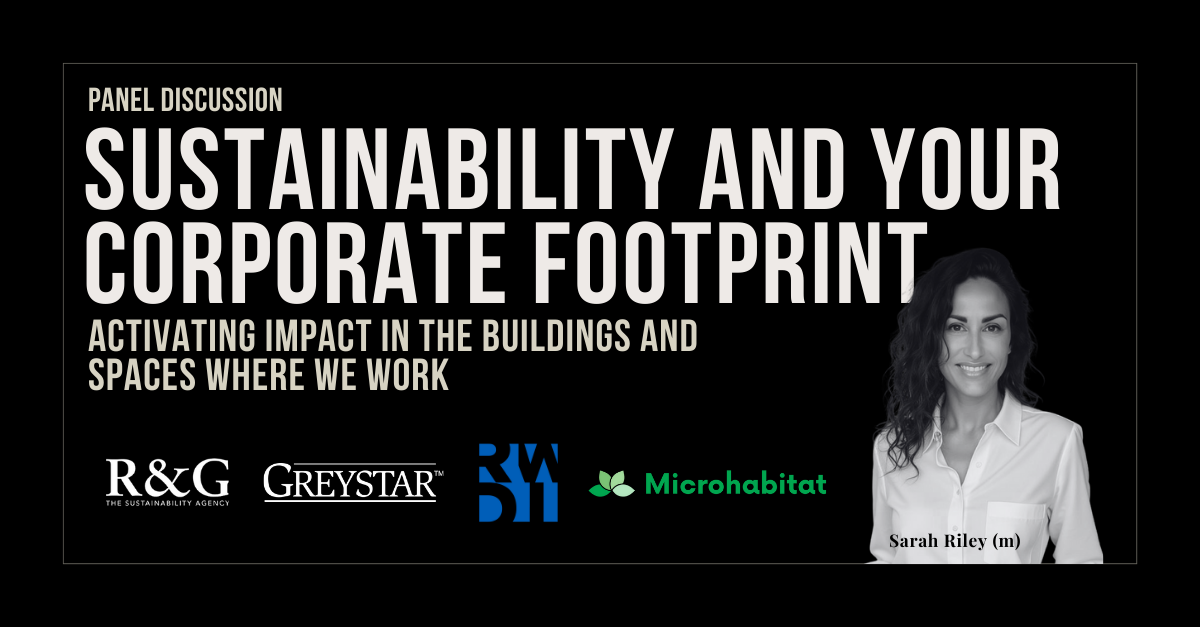
As we look ahead to 2030, pressing net-zero targets and a growing back-to-office trend are turning corporate sustainability’s focus inward, toward internal opportunities to activate impact and advance ESG commitments. At the heart of this focus? Buildings.
Panelists:
- Madeline Robertson | Director of Sustainability, Greystar
- Miguel Lopez | Senior Energy Consultant, RWDI
- Orlane Panet | Cofounder & CEO, Microhabitat
11:55AM
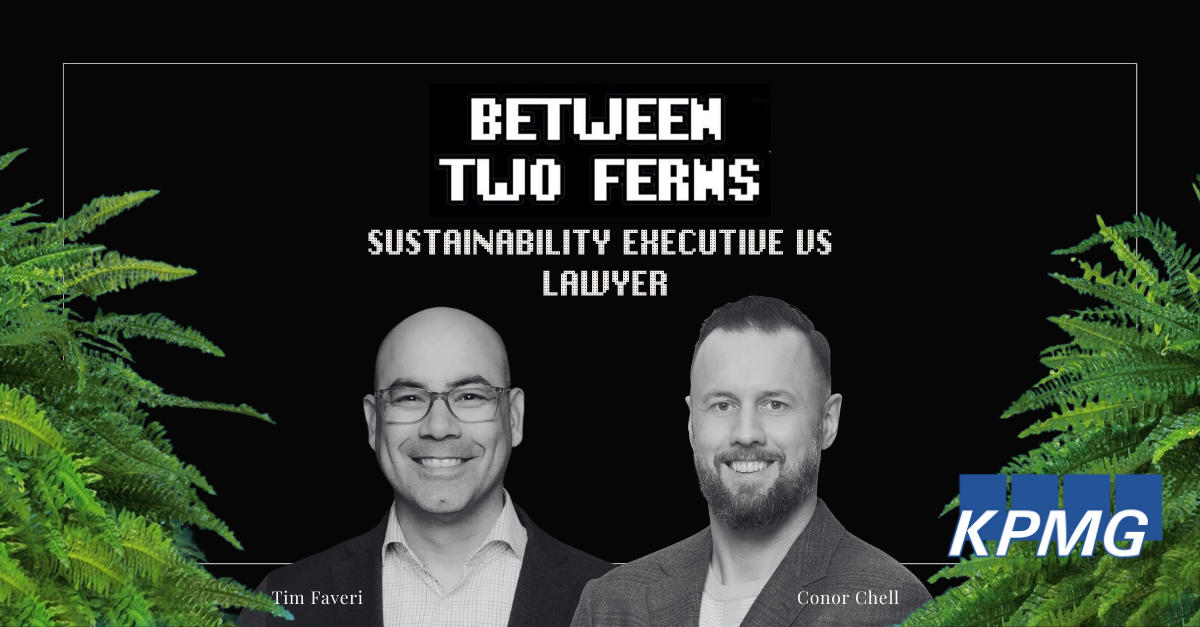
12:20PM

1:30PM
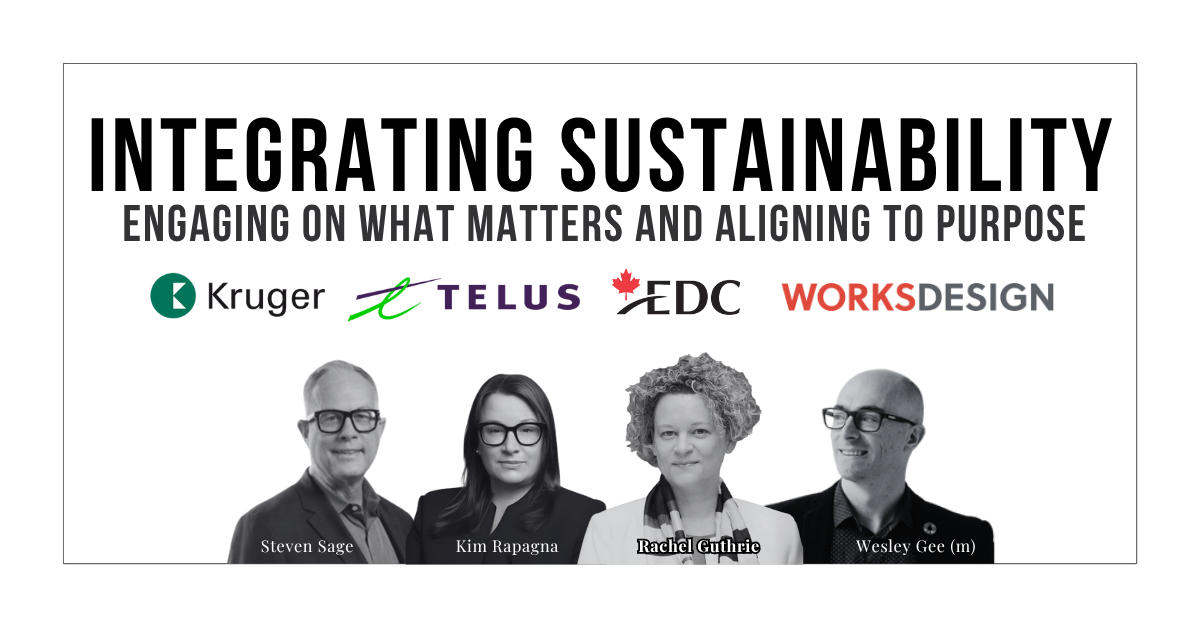
Companies are moving beyond broad commitments to focus on what truly matters; embedding materiality, aligning strategy to purpose, and creating impact at scale.
- How are leading companies assessing material issues based on impacts, risks, and opportunities?
- What steps strengthen strategy, goal setting, and collaboration across the business?
- How does a socially oriented purpose shape long-term direction?
- What global insights and practices are shaping sustainability strategies today?
2:15PM
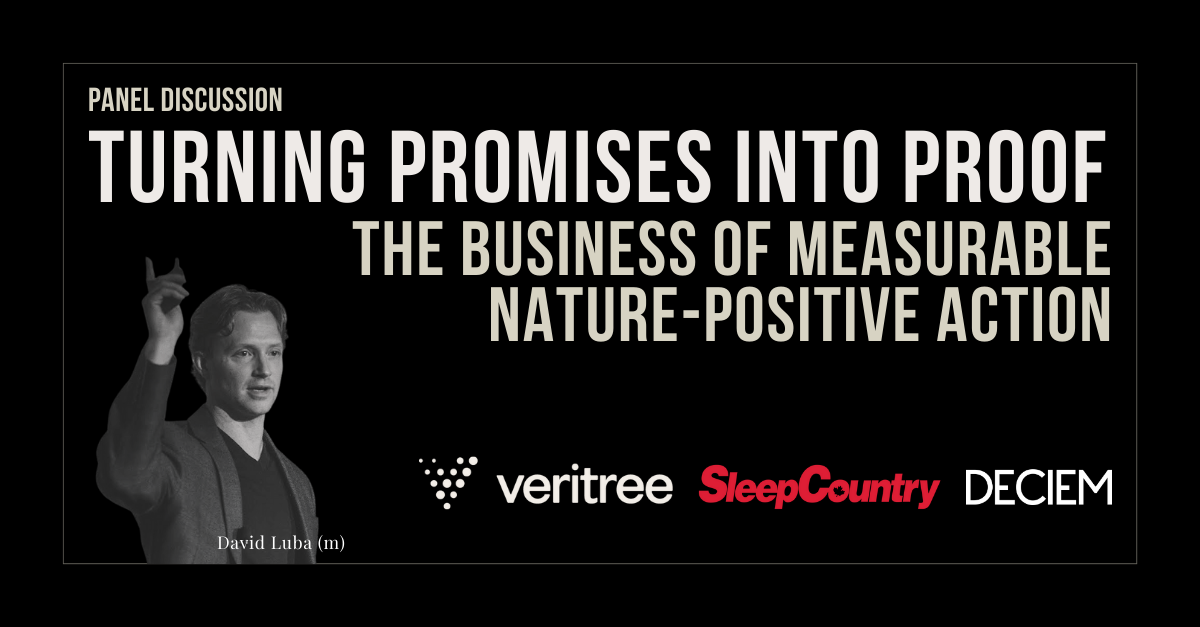
As ESG evolves, a new wave of companies is treating ecosystem restoration as a strategic investment that drives both environmental and financial returns. This panel will bring together leaders from DECIEM, Sleep Country Canada and veritree to explore how nature-positive action can shift from a “nice-to-have” to a core business strategy.
Panelists:
- Anika De La Flor | Director, Environmental Sustainability, DECIEM
- Amy Bi | Vice President Brand, DECIEM
- Sandra Dagenais | Marketing Director, Sleep Country Canada
2:45PM
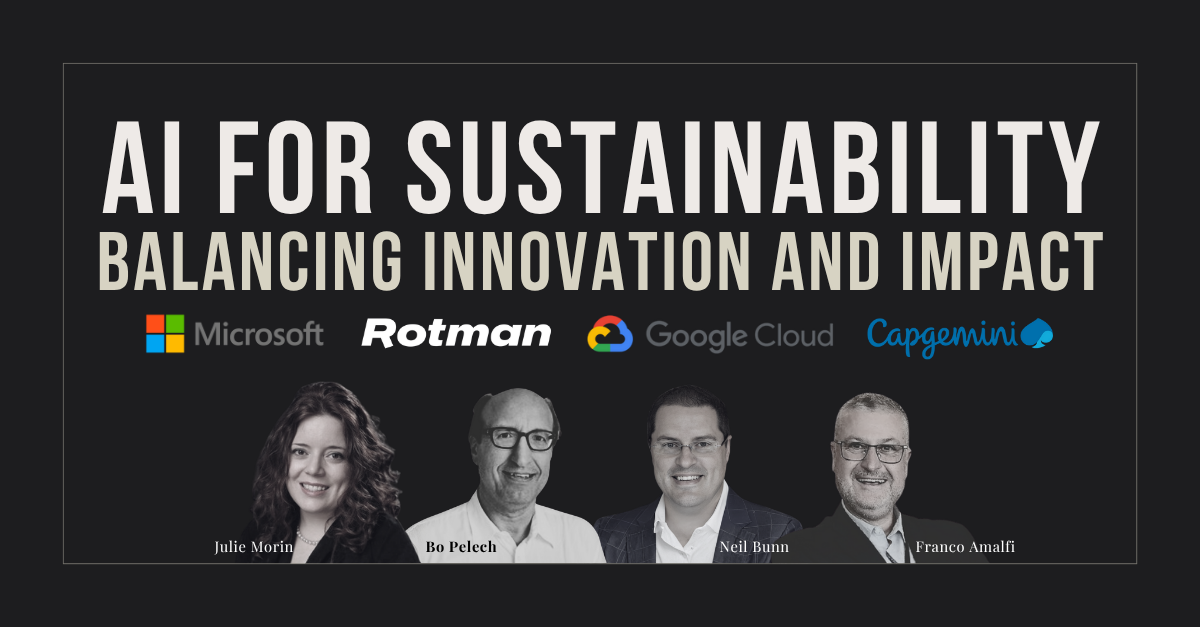
Artificial intelligence is reshaping the path to sustainability — offering powerful tools to reduce emissions, optimize resources, and enhance ESG reporting, while also introducing new environmental challenges of its own. This session explores how organizations can balance AI’s immense potential with its carbon footprint, examining innovations in green computing, responsible scaling, and governance frameworks that ensure technology serves as a true catalyst for sustainable progress.
-
Assess GenAI’s carbon footprint and emerging solutions to reduce its impact.
-
Highlight energy-efficient models and green data center innovations.
-
Explore AI-driven sustainability gains in supply chains, reporting, and climate action.
-
Discuss governance and education for responsible, sustainable AI use.

Roundtable Discussions
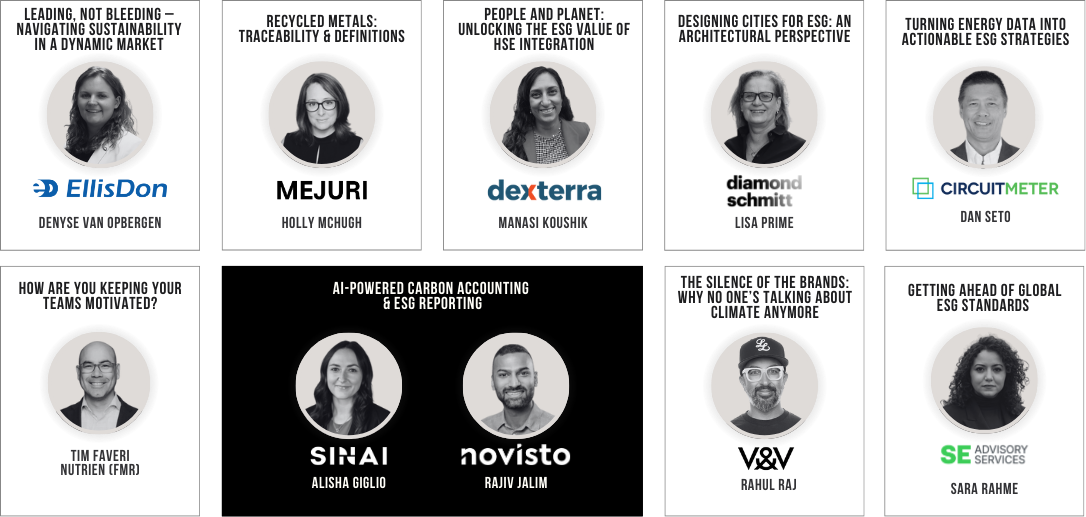
4:00PM

“Our restaurant is founded on a holistic approach of regenerative practices and processes. Working with our regional purveyors, our food and wine are a reflection of our local ecosystem and the land we inhabit.”
▲ Restaurant Pearl Morissette Website
▲ Canada’s 100 Best 2025: #1
▲ Michelin 2025: 2 Stars
4:25PM
CLOSING KEYNOTE
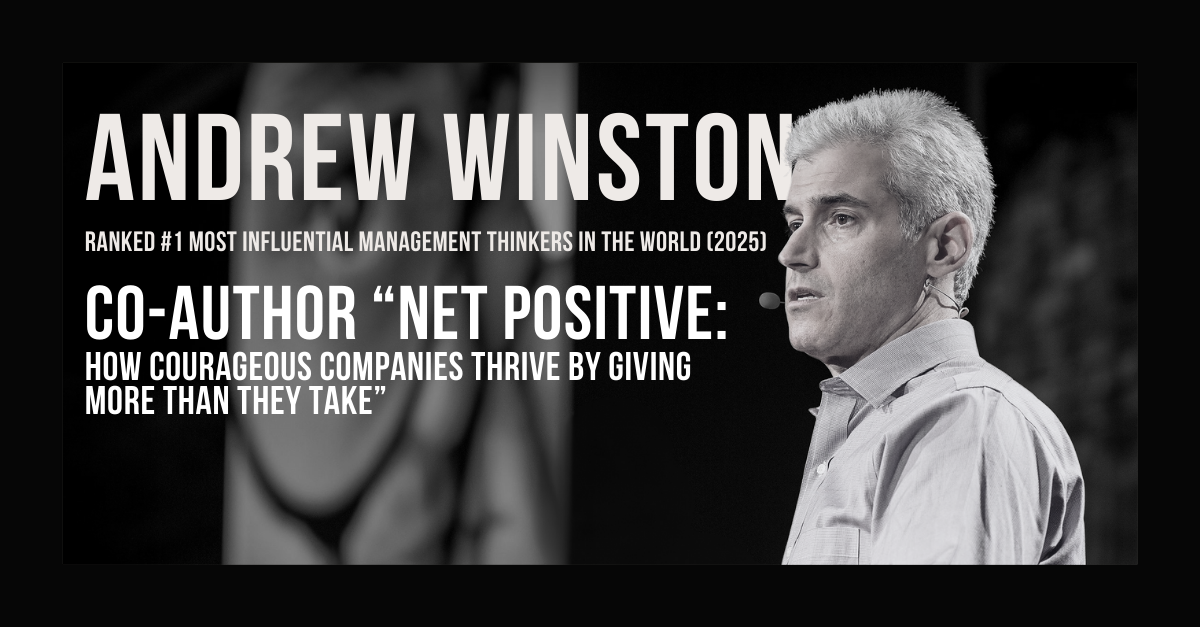
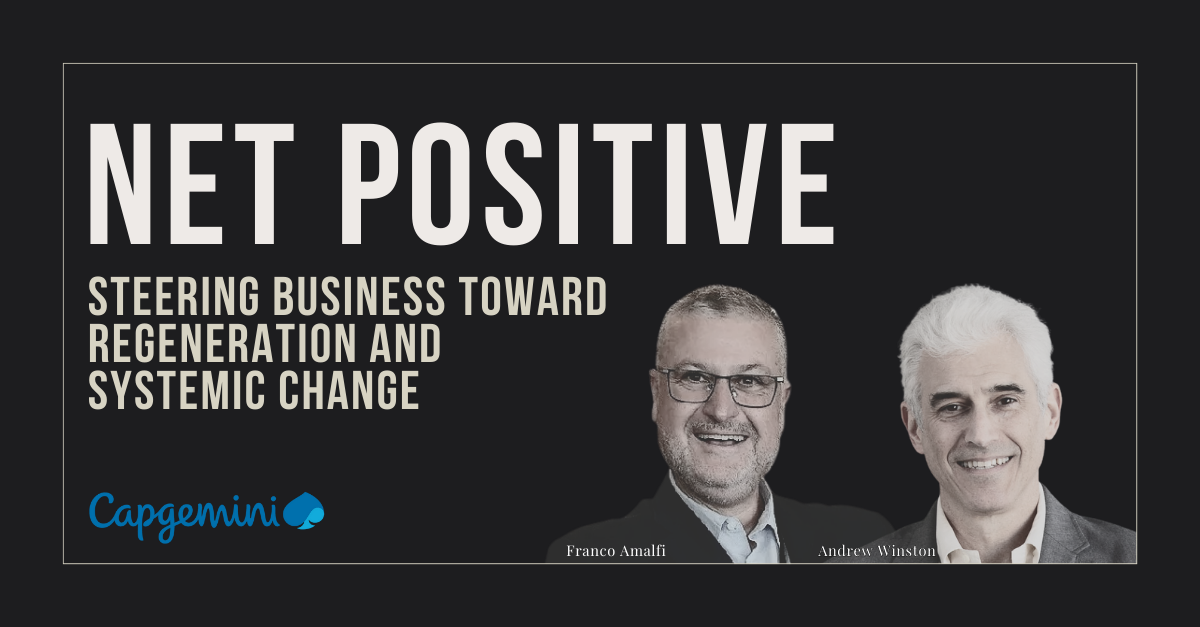
5:15PM
Closing Remarks
Open-Drinks Reception
The Ritz-Carlton, Toronto
2025 Agenda
(Scroll Down for Attendees)
8:45AM

8:50AM

9:10AM

9:30AM
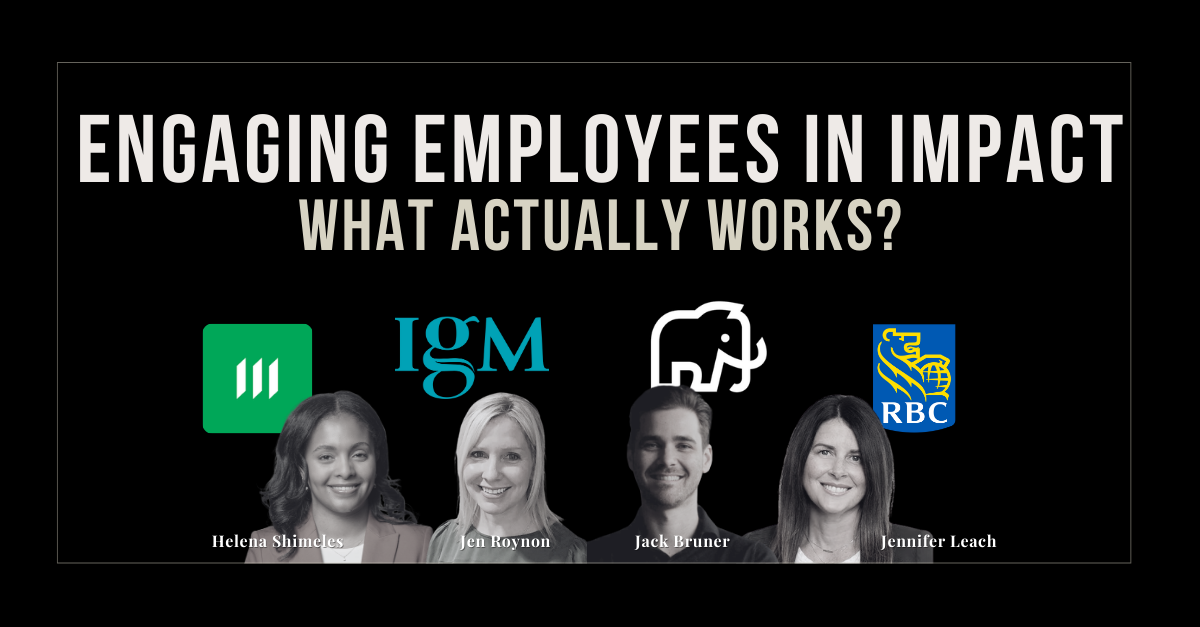
Roundtable Discussions

10:00AM

11:00AM
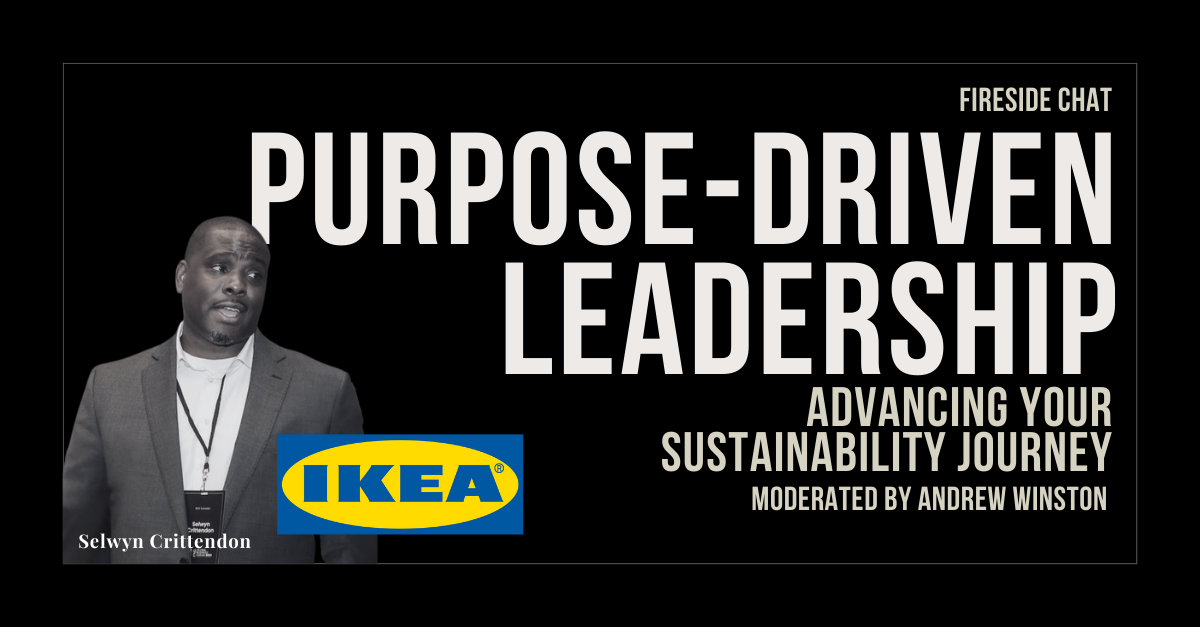
11:25AM

11:55AM

12:20AM

1:30PM

2:15PM

2:45PM

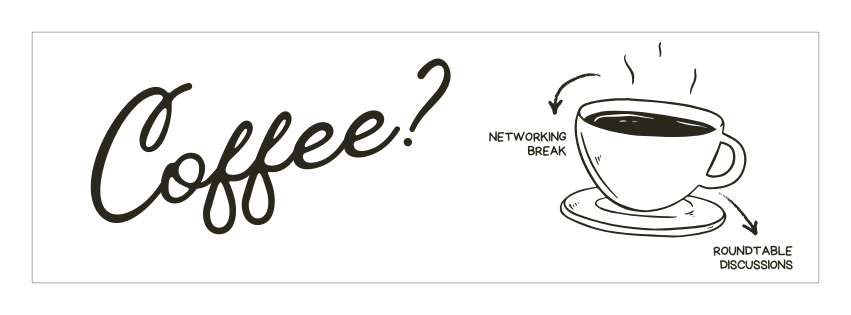

4:00PM

4:25PM
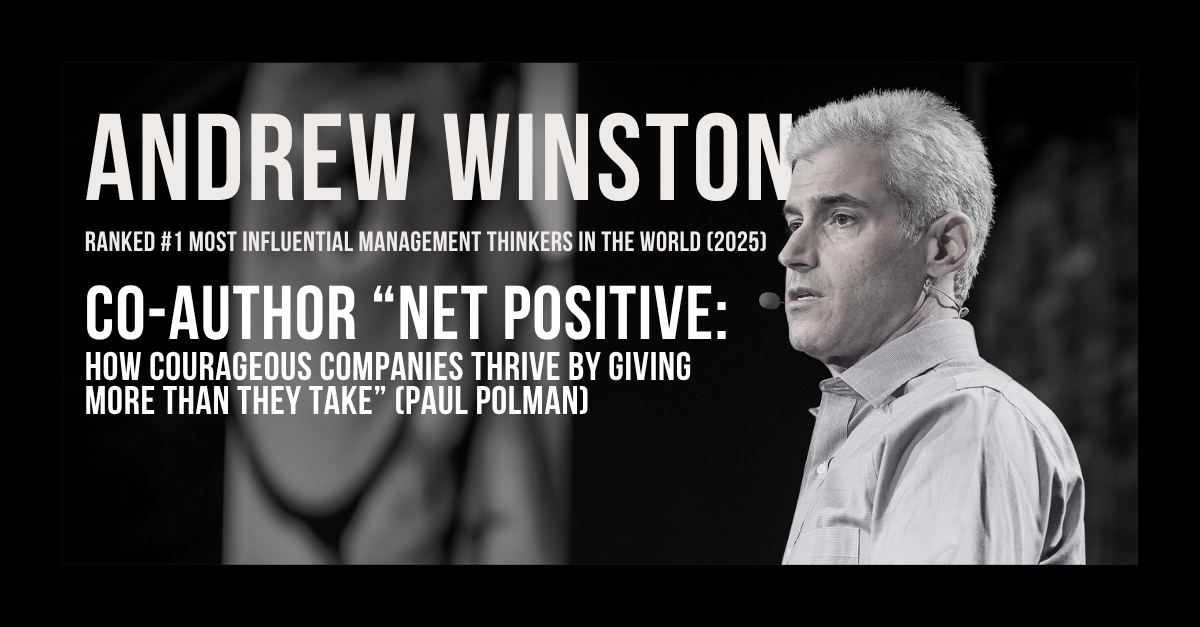

The Ritz-Carlton, Toronto
2025 Attendees
| Name | Company |
|---|---|
| Paloma Achayya | Torex Gold |
| Bob Aling | Canada Life |
| Franco Amalfi | Capgemini |
| Marie-Claude Bacon | Metro |
| Cindy Bailey | Purolator |
| Siobhan Barrie | LCBO |
| Chris Benedetti | Toronto Hydro |
| Amy Bi | DECIEM |
| Michelle Blake | Toromont |
| Chris Bolman | Brightest |
| Jack Bruner | Mammoth Climate |
| Neil Bunn | Google Cloud |
| Erica Campbell | Holt Renfrew |
| Joanna Caners | Home Depot |
| Bem Case | Toronto Transit Commission |
| Louise Chan | Fleet Optics |
| Conor Chell | KPMG |
| Selwyn Crittendon | IKEA Canada |
| Sandra Dagenais | Sleep Country Canada |
| Rosanna D'Alessandro | Holt Renfrew |
| Bill Dimento | Highliner Foods |
| Sean Drygas | RBC |
| Jennifer Earon | TJX Canada |
| Marihah Farook | Fortinet |
| Alia Fatima | Burnbrae Farms |
| Tim Faveri | Nutrien (Former) |
| Jenna Feldman | OpenText |
| Sonya Fiorini | Burnbrae Farms |
| Anika de la Flor | DECIEM |
| Tim Fuchs | IKEA Canada |
| Mario Garcia | Nexus REIT |
| Wesley Gee | Works Design |
| Amy Gibbons | Equitable |
| Alisha Giglio | Sinai Technologies |
| Bryan Gilvesy | ALUS |
| Paula Gilvesy | Restaurant Brands Intl |
| Joshua Goodman | Sobeys |
| Liz Gosselin | R&G Strategic |
| Catherine Goyer | Bell Canada |
| Junee Grewal | Bird |
| Rachel Guthrie | EDC |
| Daniel Hadida | Restaurant Pearl Morissette |
| Joel Hartter | Parallel Labs |
| Simon Hutton | BDO |
| Jania Husbands-Jackson | Colliers |
| Rajiv Jalim | Novisto |
| Anahita Jami | CIMA+ |
| Wura Jawando | Gore Mutual |
| Steve Keats | WWF Canada |
| Glory Keong | BDO |
| Manasi Koushik | Dexterra |
| Tonya Lagrasta | Colliers |
| Jennifer Lambert | Compass-Canada |
| Sara Lashari | Atlantic Packaging |
| Jennifer Leach | RBC |
| Sarah Leslie | Meridian Credit Union |
| Sara Lithwich | NASDAQ |
| Miguel Lopez | RWDI |
| David Luba | veritree |
| Daniel MacKinnon | Restaurant Brands Intl |
| Sarah McConnell | Restaurant Brands Intl |
| Holly McHugh | Mejuri |
| Milton Mednick | Restaurant Pearl Morissette |
| Julie Morin | Microsoft |
| Selene Munro | United Farmers of Alberta |
| Hansel New | Dairy Farmers of America |
| Denyse Opbergen | EllisDon |
| Orlane Panet | Microhabitat |
| Audra Papp | Quadra Group |
| Myles Parlee | Loblaw |
| Bo Pelech | Rotman |
| Stephen Pike | Gowling WLG |
| Rhys Poirier | veritree |
| Chris Politis | AstraZeneca |
| Lisa Prime | DSAI |
| Sara Rahme | SE Advisory Services |
| Rahul Raj | 5&Vine |
| Parul Rajwanshi | SAKS |
| Michael Rantala | Halifax Stanfield Airport |
| Kim Rapagna | TELUS |
| Sarah Riley | R&G Strategic |
| Eric Robertson | Restaurant Pearl Morissette |
| Madeline Robertson | Greystar |
| Jen Roynon | IGM Financial |
| Andrea Ruotolo | Rockwell Automation |
| Clément Sabourin | Nationex |
| Steven Sage | Kruger Products |
| Sol Salinas | Capgemini |
| Dan Seto | Circuit Meter |
| Helena Shimeles | Manulife |
| Jordan Sinclair | ALUS |
| Athena Trastelis | CBC |
| Gregory Wamsley | Mosaic |
| Jill Weaver | Alus |
| Andrew Winston | Eco Strategies |
| Zabi Yaqeen | Muuvment |
| Gregory Zimmer | GFL Environment |